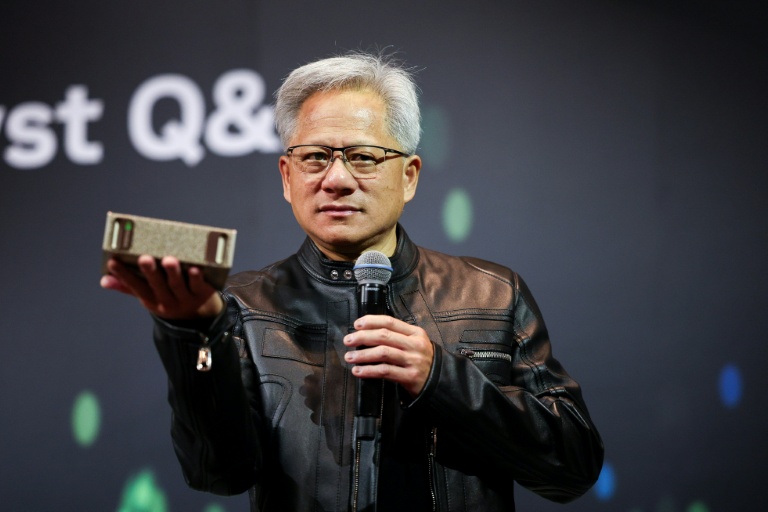Nvidia, the prominent US technology firm, announced on July 11, 2023, that it will renew sales of its H20 artificial intelligence chips to China. This decision follows the US government’s commitment to eliminate previous licensing restrictions that halted such exports. The move marks an important shift in the landscape of semiconductor sales amid ongoing geopolitical tensions.
The California-based company, known for producing some of the world’s most advanced semiconductors, has faced significant export limitations. These restrictions were primarily motivated by concerns that Beijing could leverage cutting-edge technology to enhance its military capabilities. In response, Nvidia developed the H20 chips, a less powerful variant of its AI processing units, aimed specifically for the Chinese market. However, plans to export these chips faced challenges when the Trump administration enforced stricter licensing requirements in April.
Nvidia confirmed in its statement that it is currently “filing applications to sell the Nvidia H20 GPU again.” The company expressed optimism, stating, “The US government has assured Nvidia that licences will be granted, and Nvidia hopes to start deliveries soon.”
In a video shared by Chinese state broadcaster CCTV, Nvidia’s CEO, Jensen Huang, highlighted the positive development, saying, “The US government has approved for us (to file) licences to start shipping H20s, and so we will start to sell H20s to the Chinese market.” Huang, wearing his signature black leather jacket, conveyed his anticipation for the upcoming shipments, labeling it as “very, very good news.”
Huang is set to participate in the 3rd China International Supply Chain Expo on July 16, 2023. Reports indicate that this will be Huang’s third visit to China in 2023, where he is expected to engage in various activities related to supply chain discussions, as noted by CCTV.
China represents a crucial market for Nvidia. However, the recent US export restrictions have intensified competition from local companies, including the domestic tech giant Huawei. In response to the export limitations, Beijing has condemned the US actions as unfair, asserting that they aim to hinder China’s technological development.
During a visit to Beijing in April, Huang communicated his favorable view of the Chinese economy to He Lifeng, China’s Vice Premier. According to the state news agency Xinhua, Huang expressed his willingness to deepen Nvidia’s investment in China and contribute positively to US-China trade relations.
As the US continues to tighten its export policies, China is grappling with economic challenges, including weak consumer spending and a prolonged crisis in its property sector. In light of these pressures, President Xi Jinping has emphasized the need for China to enhance its self-reliance amidst growing uncertainties in the global environment.
Despite these challenges, official data released indicated that China’s economy grew by 5.2 percent in the second quarter of 2023, surpassing analysts’ expectations for strong exports despite ongoing trade tensions.
Reports from the Financial Times in May suggested that Nvidia may be considering the establishment of a research and development center in Shanghai. While neither Nvidia nor city officials confirmed the project, it indicates the company’s intent to strengthen its presence in the region.
As Nvidia prepares to resume sales of its H20 AI chips, the company aims to navigate the complexities of international trade while maintaining its competitive edge in a rapidly evolving technology landscape.
